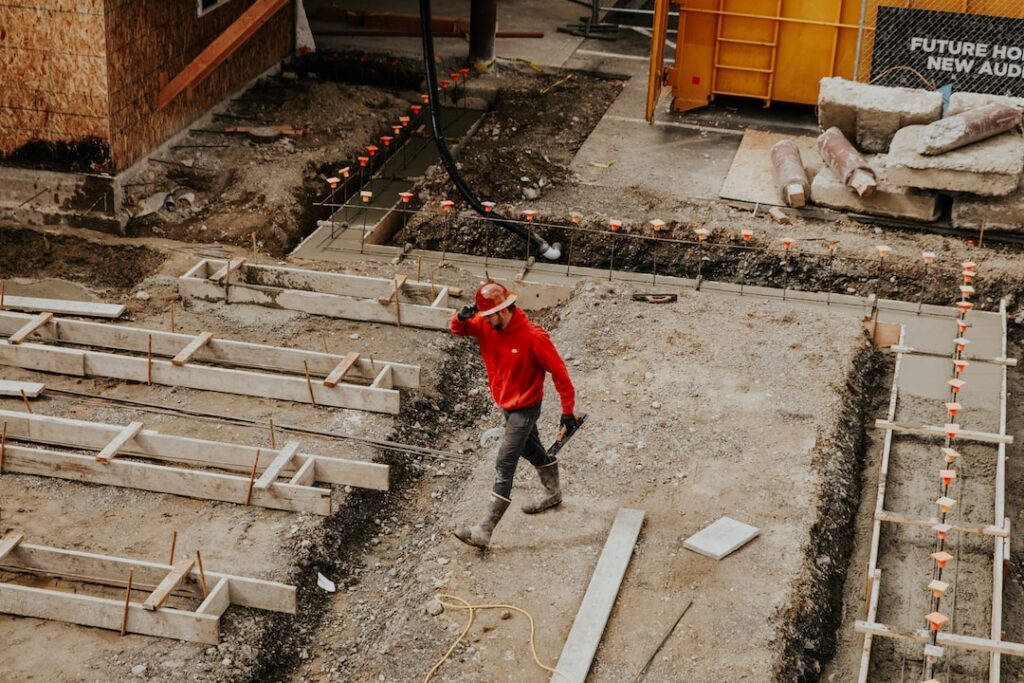In the course of owning a home, incidences can occur that may threaten the tranquility and safety of the home. One such incident is a house fire, which can be both surprising and devastating. You’ve probably wondered, does insurance cover house fires? In this article, we’ll explore the dynamics of home insurance and fires, keeping the discussion as straightforward as possible.
Understanding Homeowners Insurance Policy

A homeowners insurance policy is a contract between a homeowner and an insurance company. This agreement serves to protect a homeowner from financial loss resulting from damages to the home and its contents.
It is crucial to understand the details of your policy, as it lays out the specific circumstances under which you can make a claim for damages. While every insurance policy varies, most standard homeowners insurance will offer coverage for damage caused by fire. It is typically a standard inclusion, as fire is one of the most common home-related hazards.
A defined events contents insurance policy is a form of protection that homeowners should consider. One of the main benefits of this type of insurance is the coverage it provides for your house in the event of a fire.
House fires can be devastating, causing extensive damage to the structure of your home as well as your personal belongings. Furniture, electronics, appliances, clothing, and other valuable possessions are all at risk of being destroyed in a fire. Without insurance, the financial burden of replacing these items can be overwhelming. Learn more by visiting iSelect: https://www.iselect.com.au/home-and-contents/contents-insurance/.
Specifics about Insurance and Fire Coverage
While your homeowner’s insurance likely covers fires, the bounds of this coverage can vary depending on the specifics of your policy. Some insurance policies will cover the full replacement cost of your home and possessions lost in a fire, while others may only cover the actual cash value.
Furthermore, fire insurance covers more than just your home and personal belongings. It may also cover the cost of temporary housing if your home is uninhabitable, as well as any repairs or rebuilding.
Again, it’s important to read and understand your policy. Look for the amount and type of coverage, deductibles, and coverage limits. This way, you’ll know exactly what to expect if you ever have to make a claim. It’s worth noting that while home insurance typically covers fires regardless of the source, there may be exceptions.
What Insurance Typically Covers in a House Fire

Homeowners insurance usually provides three types of coverage in the event of a house fire: dwelling coverage, personal property coverage, and additional living expenses (ALE).
Dwelling coverage aids in repairing or rebuilding the physical structure of your home if it’s damaged by a fire. Personal property coverage, on the other hand, replaces any personal belongings that are damaged or destroyed in the fire. You will also likely need to do some renovation, so prepare yourself for that experience.
ALE coverage comes into play when your home is uninhabitable due to fire damage. This covers any additional costs you might incur living away from home, like hotel bills and restaurant meals.
Additionally, many homeowners insurance policies may also offer coverage for fire department charges, debris removal, and landscaping. Landscaping is a good thing to prioritize as you begin to rebuild since it will help your property retain value.
Steps to Make a House Fire Insurance Claim

Following a house fire, making a timely insurance claim is key. Notify your insurance company as soon as possible of the fire, provide them with details of the incident, and be ready to provide evidence of your loss.
Before your insurer can process your claim, you’ll likely need to document the damage and provide a list of damaged items. Take plenty of pictures and note down everything you can about the items that were damaged or lost.
Remember, insurance policies have time limits on filing claims, so act quickly. Also, the more information you can provide, the quicker your claim process will be. Get professional help where needed for estimates to repair or replace damaged property. Throughout the whole process, keep communication lines open with your insurance company and be proactive, timely, and thorough in providing necessary information.
Throughout this discussion, it’s clear that home insurance policies generally do provide fire cover, but specifics vary. Make sure to go through your policy details to understand exactly what’s covered and what’s not. In all, securing a comprehensive home insurance policy equips you to face the unexpected bravely.







Leave a Comment
You must be logged in to post a comment.